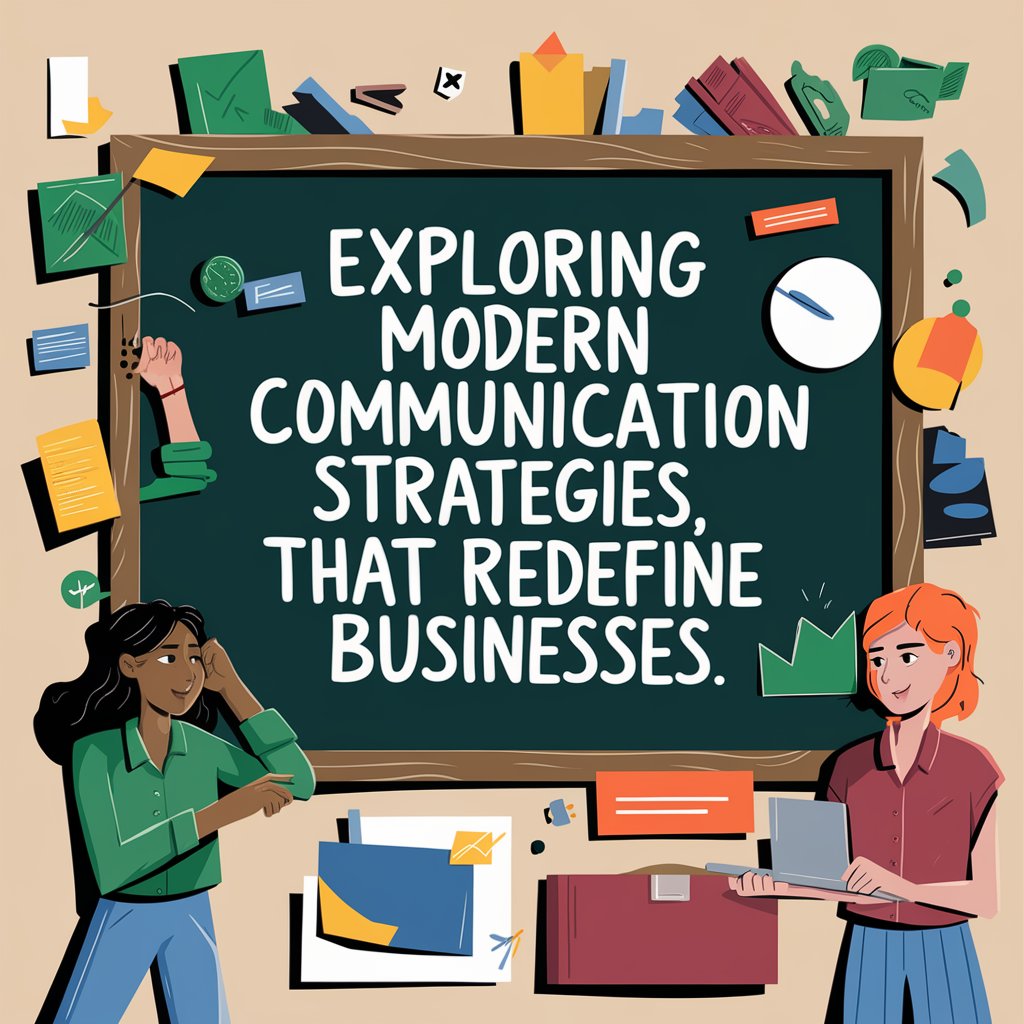The way businesses communicate is evolving at an unprecedented pace. As technology continues to reshape industries, modern communication strategies have emerged as pivotal tools for businesses aiming to stay competitive, efficient, and customer-centric. From cloud-based solutions to AI-driven platforms, companies are leveraging innovative approaches to enhance collaboration, streamline operations, and strengthen customer relationships.
The Shift to Digital-First Communication
The shift from traditional communication tools to digital-first solutions has been transformative for businesses. Emails, video conferencing, and instant messaging platforms such as Slack and Microsoft Teams have become standard in the corporate toolkit. These tools allow for real-time collaboration, regardless of geographic location, fostering a more connected and responsive workforce. As remote and hybrid work models gain traction, the importance of seamless digital communication cannot be overstated.
Customer-Centric Communication
Modern communication strategies are also focused on delivering personalized experiences to customers. Businesses now employ AI-driven chatbots and customer relationship management (CRM) systems to provide instant responses, predict customer needs, and offer tailored solutions. These systems enable businesses to anticipate trends and deliver proactive service, which is critical in building customer loyalty and trust.
Integration of Unified Communication Systems
One of the most significant advancements in business communication is the rise of unified communication systems (UCS). These platforms integrate voice, video, messaging, and data sharing into a single interface, simplifying operations and reducing costs. For instance, cloud-based solutions such as VoIP have replaced traditional phone lines, offering scalability and flexibility.
An excellent example of innovation in this area is Landline Anywhere, a solution that bridges the gap between traditional and modern communication tools. Enabling businesses to use their landline numbers on mobile devices and other platforms, it ensures that they remain accessible and professional, no matter where they operate. This adaptability is vital for small and medium-sized enterprises (SMEs) that need reliable communication without the expense of complex infrastructure.
The Role of Social Media
Social media platforms have revolutionized how businesses communicate externally. Companies now use these channels not just for marketing, but for customer service and direct engagement. Social media allows businesses to gather insights, resolve issues swiftly, and build a community around their brand. The two-way communication facilitated by platforms like Twitter and LinkedIn has redefined traditional paradigms, making businesses more approachable and responsive.
The Importance of Data Security
Data security has become a critical concern with the rise of digital communication. Businesses are investing in encrypted messaging, secure file-sharing platforms, and robust cybersecurity protocols to protect sensitive information. These measures not only ensure compliance with regulatory standards but also build trust with clients and partners.
Looking Ahead
As technology continues to advance, the future of business communication will likely be defined by greater integration of AI, the Internet of Things (IoT), and augmented reality (AR). These technologies promise to make communication even more immersive and intelligent, allowing businesses to connect with customers and employees in ways that were previously unimaginable.
Modern communication strategies are redefining how businesses operate, enabling them to be more agile, customer-focused, and resilient.






